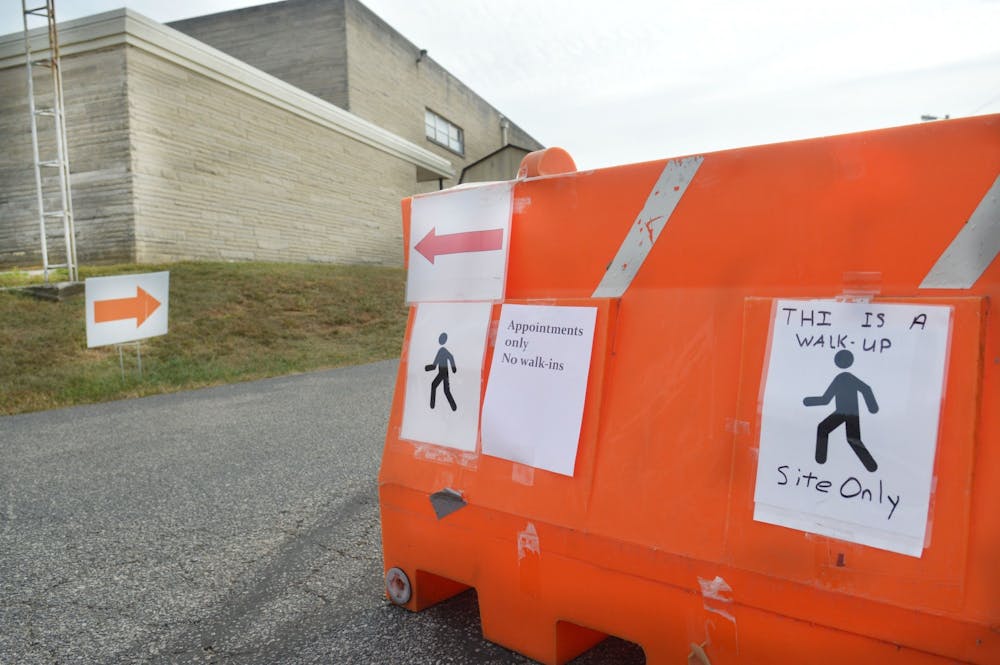IU conducts weekly mitigation testing to determine COVID-19 positivity rates on campus, but some IU researchers are conducting a different study: an antibody test, which does not determine active infection. The researchers want to determine if the timeliness of these test results affect any behaviors adopted to limit the spread of COVID-19, such as wearing a mask or not attending social events.
The research is conducted by professors and researchers from the School of Public Health. The participants are 1,000 IU students who were given antibody tests and sorted into two groups, one would receive test results in 24 hours and the other would wait four weeks for the results, according to a News at IU release.
"We want to know whether receiving antibody test results changes people's risk perceptions in ways that may encourage or discourage individual preventive actions," researcher Molly Rosenberg said in the release. "As these tests become more widely requested and used throughout the country, we need to know how they impact behaviors."
Behavioral patterns are determined by surveys given to the participants every two weeks during the study. These surveys look to assess participants' frequency of protective behaviors including mask wearing habits, physical distancing, hand-washing and avoiding crowds and high risk individuals, according to the release.
Antibody tests are different from other swab or spit tests. Antibody tests do not screen for active infection but determine if a patient’s body has developed antibodies to COVID-19, Rosenberg said. While antibodies can serve as a marker for some level of immunity with some other diseases, there is still a lot to learn about immune system responses to COVID-19, she said.
The research can also be used to create better counseling and clearer guidelines for patients who are antibody positive, assistant professor and researcher Christina Ludema said. Other tests that track active infection come with clear instructions and guidelines for patients after they get their results. However, guidelines are much less clear when it comes to positive antibody tests results, she said.
“There are a lot of people, a lot of IU students and people in the Bloomington community that have really changed a lot of their behavior to protect other people from this pandemic, and I think it’s really important to highlight that,” Ludema said.
Data collection will not be complete until November, but the researchers plan to share research reports and findings with IU and those who run mitigation testing. However, because this is a research study, they will not reveal specific results or any student’s personal data, Ludema said. The second and final data collection will take place Nov. 2, and after that more thorough analysis can take place.
While it’s still early in the process, Ludema and other researchers have noticed some positive trends in the data. In the last week the researchers noted 88% of the study’s participants reported always wearing a mask in public, and 92% reported rarely or never attending social events or parties in the last week.
“We’ve gotten a great response from those we’ve enrolled so far, and I get the sense that many of them are really keen to be contributing to our understanding around COVID-19 on campus,” Rosenberg said.




